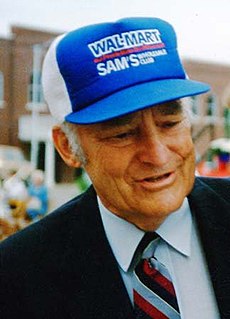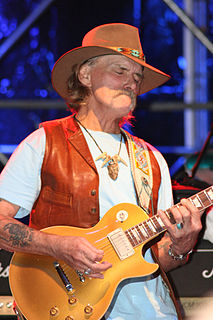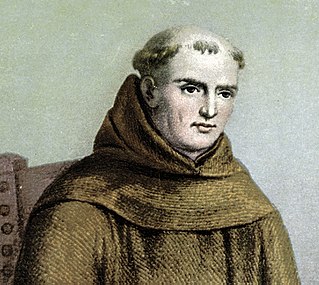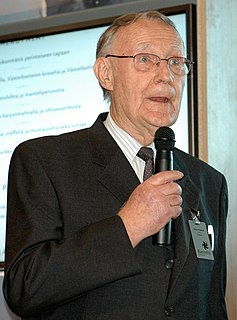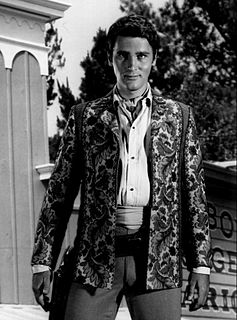A Quote by Sam Walton
I had confidence that as long as we did our work well and were good to our customers, there would be no limit to us.
Related Quotes
Duane Allman was bursting with energy ... he was a force to be reckoned with. His drive and focus, as well as his intense belief in himself and our band, was incredible. He knew we were going to make it. We all knew we were a good band, but no one had that supreme confidence like he did, and it was a great thing, because his confidence and enthusiam were infectious... it says a lot that his hero was Muhammad Ali. That kind of supreme confidence that Ali had - that's where Duane was coming from
We usually do pay attention to our outer appearance, typically noticing whatever part of our bodies we are unhappy about. It behooves us, however, to get on very good terms with more than just the surface of our bodies as we grow older; for if we don't listen to our bodies and pay attention to our physical needs and pleasures, this vehicle that we need to be running well to take us into a long and comfortable life, will limit what we can do and who we become.
In the annals of science fiction, where dystopias rule the imaginative roost, Star Trek stood nearly alone in telling us that our future would be better than our past, that our common problems would be solved, that we, as a species, were fundamentally good, and that the universe would reward us for our goodness.
At the time in our lives that we met, we had both made our mistakes. If chance would have had it that we would have met at an earlier stage, we might not have had the discoveries together that we did have and found those things in life together that were valuable to us at a later point in life when we were both more mature.
Were it possible for us to see further than our knowledge reaches, and yet a little way beyond the outworks of our divinings, perhaps we would endure our sadnesses with greater confidence than our joys. For they are the moments when something new has entered into us, something unknown; our feelings grow mute in shy perplexity, everything in us withdraws, a stillness comes, and the new, which no one knows, stands in the midst of it and is silent.
If God had perceived that our greatest need was economic, he would have sent an economist. If he had perceived that our greatest need was entertainment, he would have sent us a comedian or an artist. If God had perceived that our greatest need was political stability, he would have sent us a politician. If he had perceived that our greatest need was health, he would have sent us a doctor. But he perceived that our greatest need involved our sin, our alienation from him, our profound rebellion, our death; and he sent us a Savior.
We have got to be watchful, for I tell you God has sent us here to test us and to prove us. We were true in keeping our first estate. The people that are here today stood loyally by God and by Jesus and they did not flinch. If you had flinched, then you would not be here with the Priesthood upon you. The evidence that you were loyal, that you were true, and that you did not waver is to be found in the fact that you have received the Gospel-and the everlasting Priesthood.
In the Leach Pottery we did most of our work on the wheel. [Bernard] Leach did a little work in the studio, which was press-molded forms, plastic clay pressed into plaster forms to make small rectangular boxes and some vase forms, which he liked to make. These were molds which had been made to an original that he had modeled in solid clay, and during our work there, sometimes I would be pressing these forms as a means of production.
